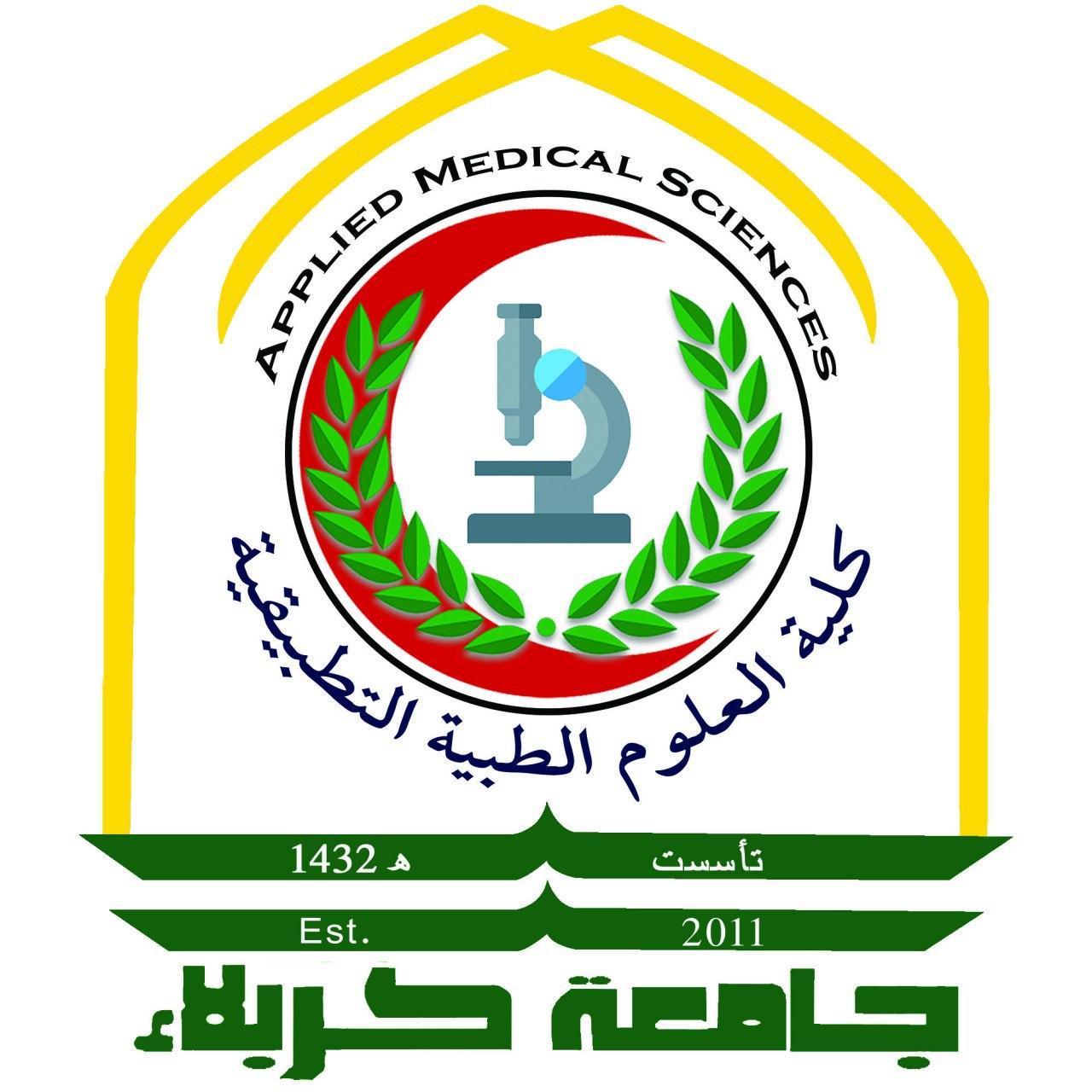About Us – Department of Medical Analysis
The Department of Medical Analysis was established at the College of Applied Medical Sciences in 2010. Currently, the department hosts more than 80 students. It is staffed with a teaching team of PhD and Master’s holders, totaling 7 faculty members, in addition to a number of technicians and administrative staff.
Second: Vision of the Department:
The vision of the Department of Medical Analysis is to establish solid scientific foundations for medical diagnostics, making it a leader in this field, both academically and research-wise.
Third: Mission of the Department:
The mission is to serve the community by preparing highly skilled professionals with both deep theoretical and practical understanding of medical analysis, thereby contributing to healthcare institutions with capable personnel who can perform their duties efficiently.
Fourth: Objectives of the Department:
Student Preparation: To equip students with theoretical and practical knowledge in various fundamental sciences such as microbiology, chemistry, physiology, tissue and blood science, among others, as well as proficiency in modern technologies used in the field of medical analysis. This ensures the provision of highly accurate data for physicians to assess patients’ conditions.
Developing Distinguished Personalities: To shape students into distinguished individuals by enhancing their cultural and social awareness, thus enabling them to effectively serve their communities after graduation.
Creating a Suitable Scientific Environment: To establish an environment conducive to the development of highly specialized professionals (Master’s and PhD levels) and to enhance their research capabilities, contributing to the provision of valuable data about diseases and their causes in the local community.
Research Focus: To explore contemporary topics and identify issues that require more in-depth scientific research.
Degree Awarded: The department awards a Bachelor’s degree in Applied Medical Sciences with a specialization in Medical Analysis.
Fifth: Department Outputs:
Broad Knowledge Base: Graduates will have a comprehensive understanding of life sciences, chemistry, and computer science, enabling them to apply this knowledge in the field of medical analysis.
Ability to Identify Abnormal Deviations: Graduates will be able to recognize abnormal deviations in the levels and nature of the standards used to diagnose medical conditions.

